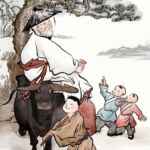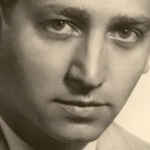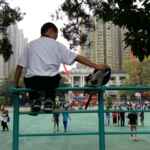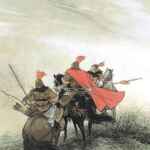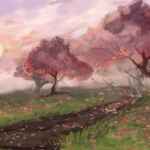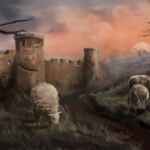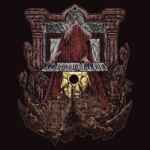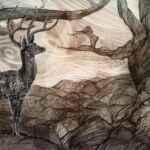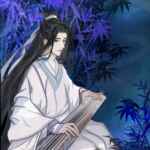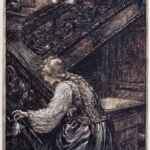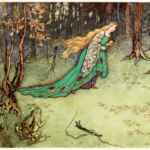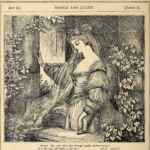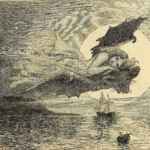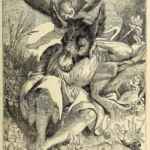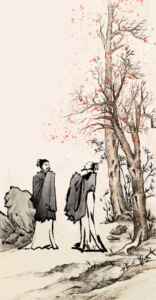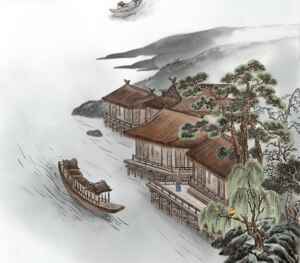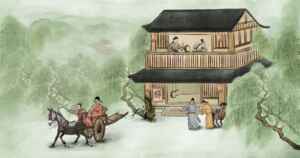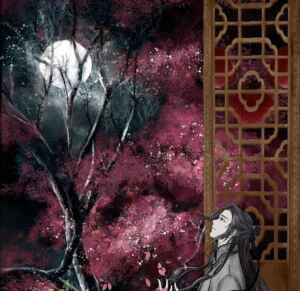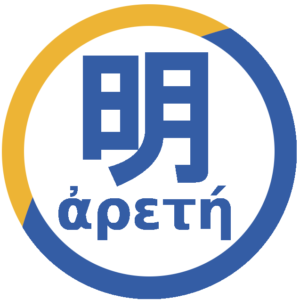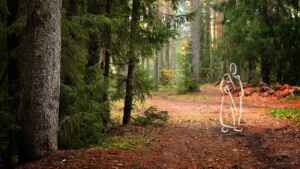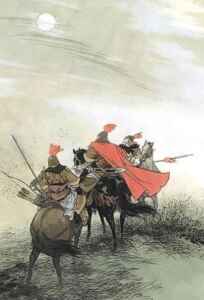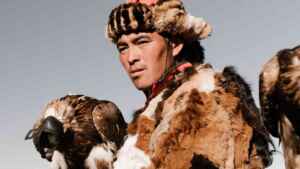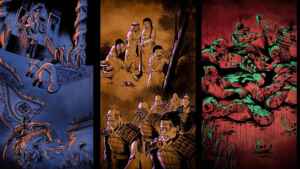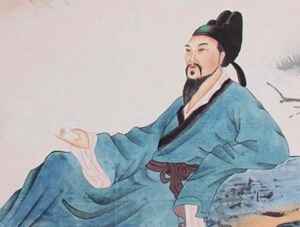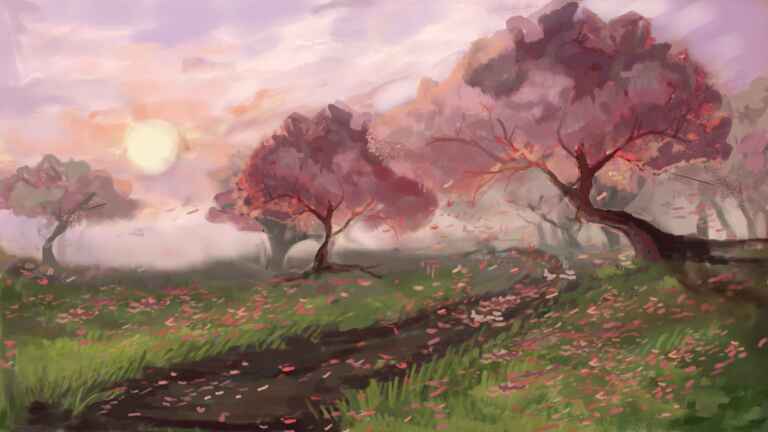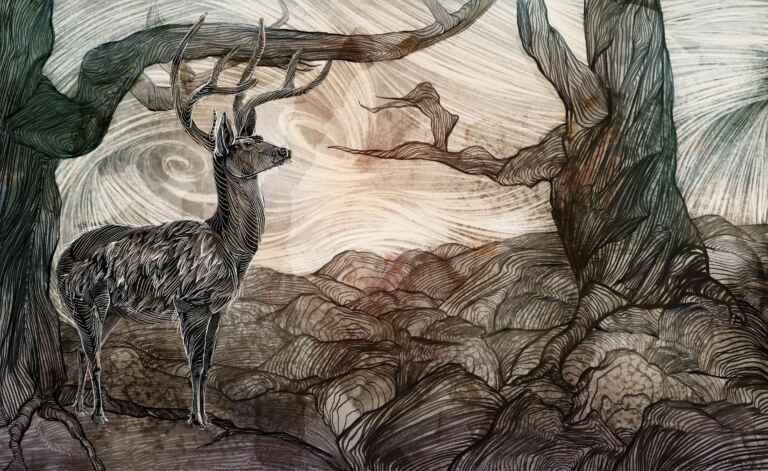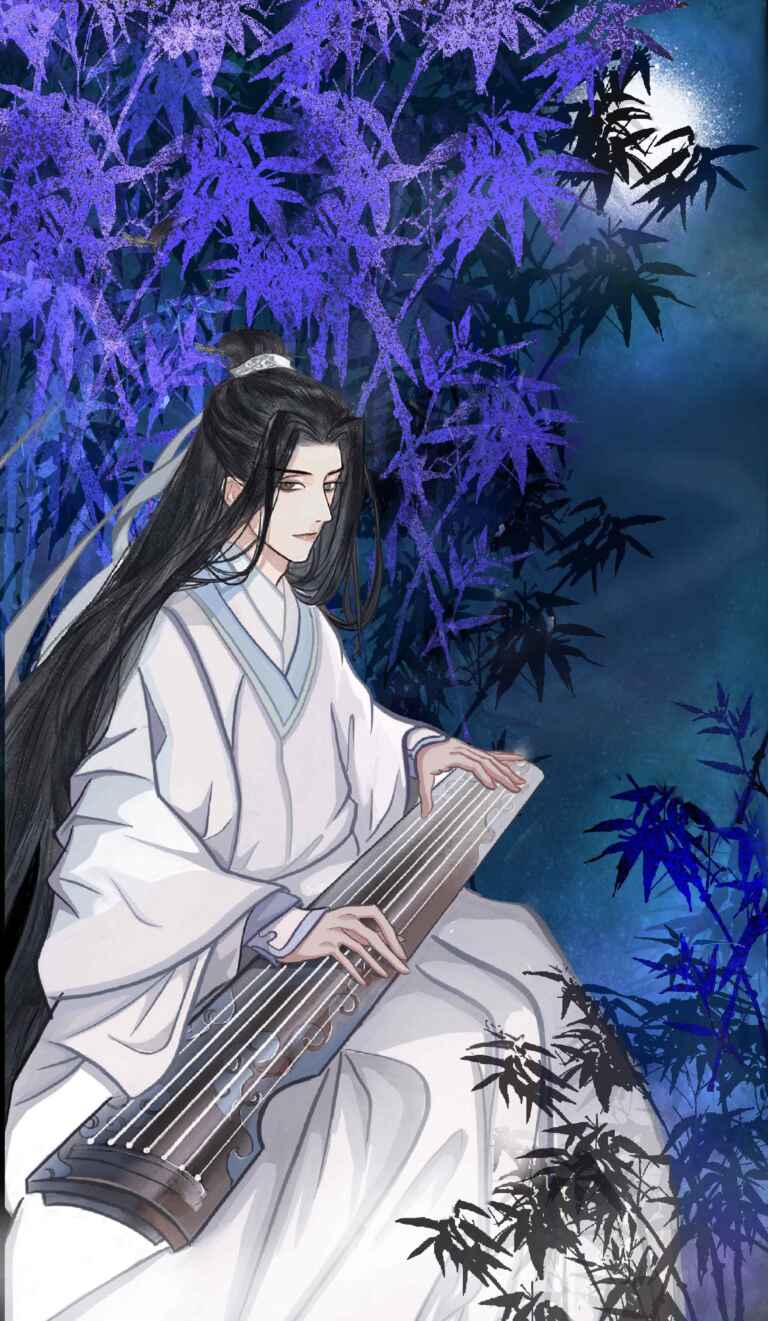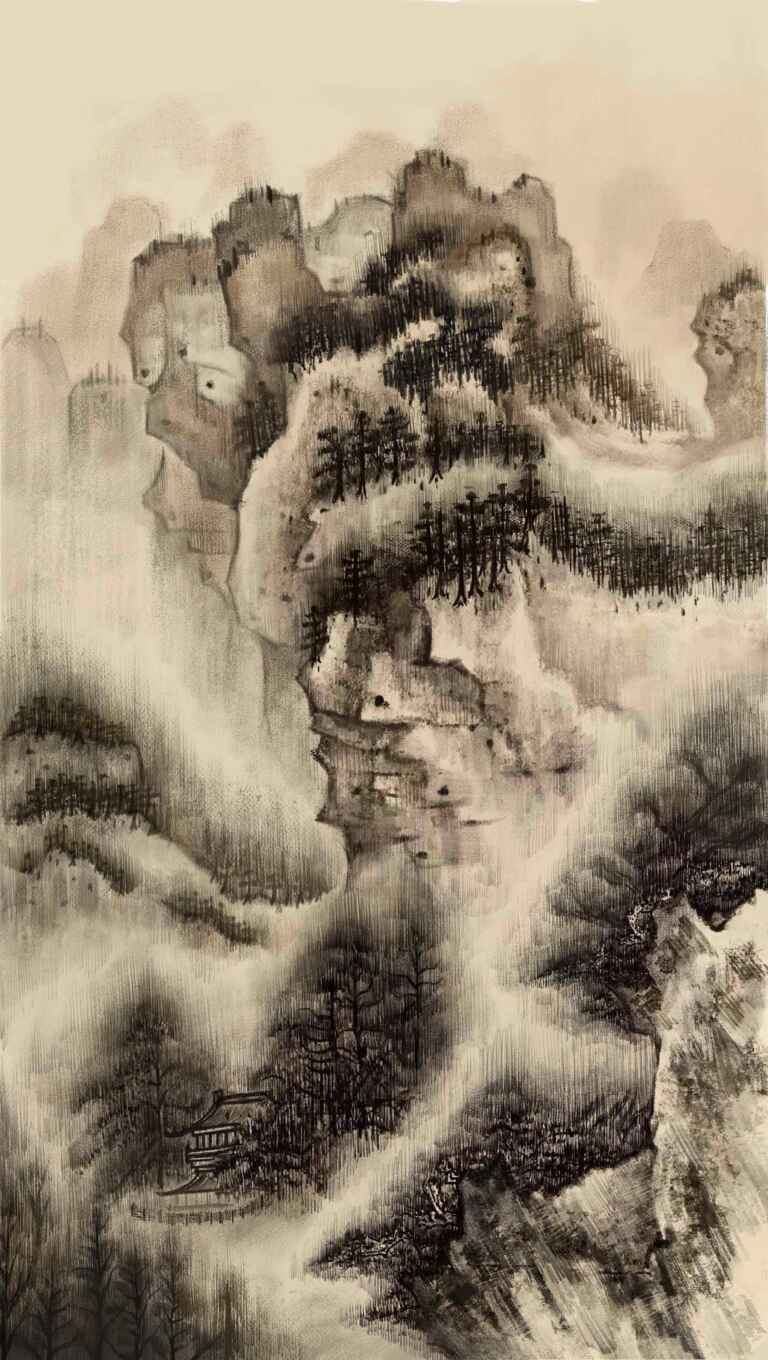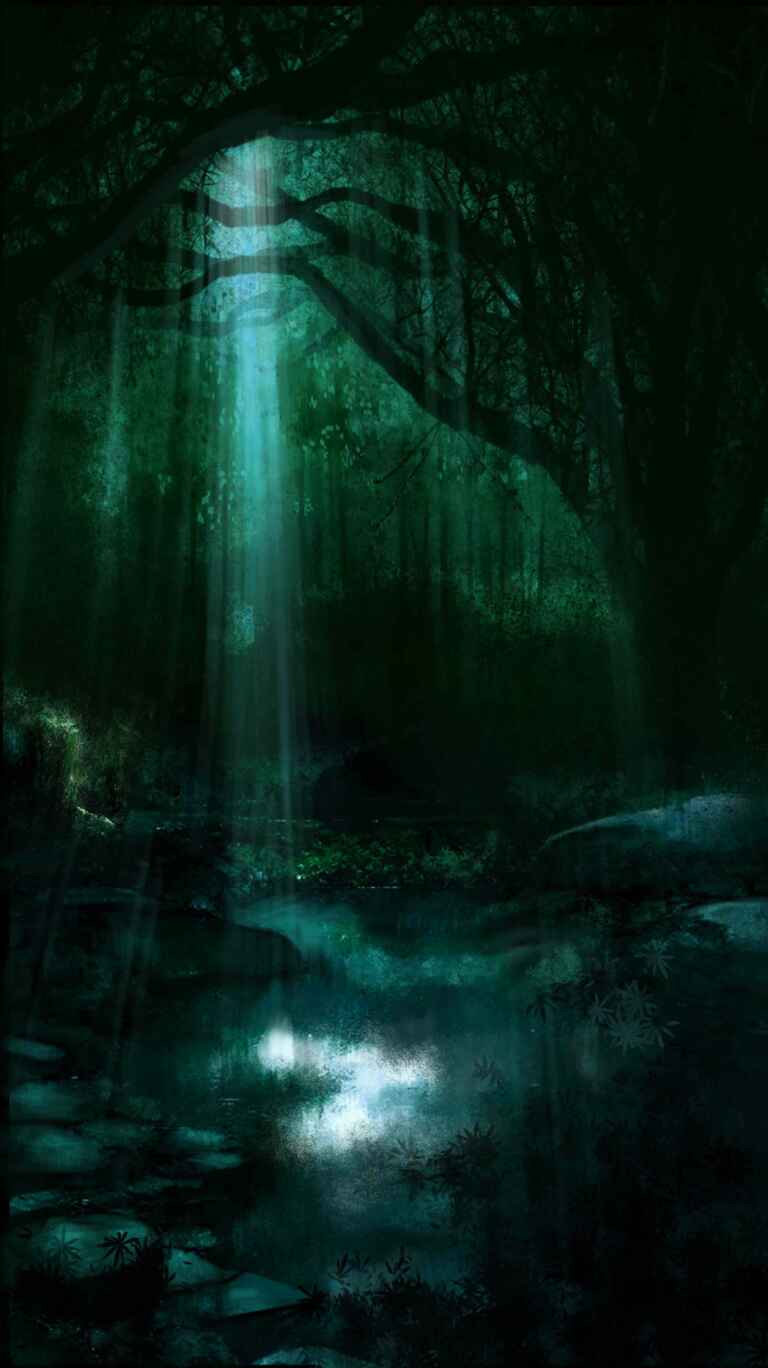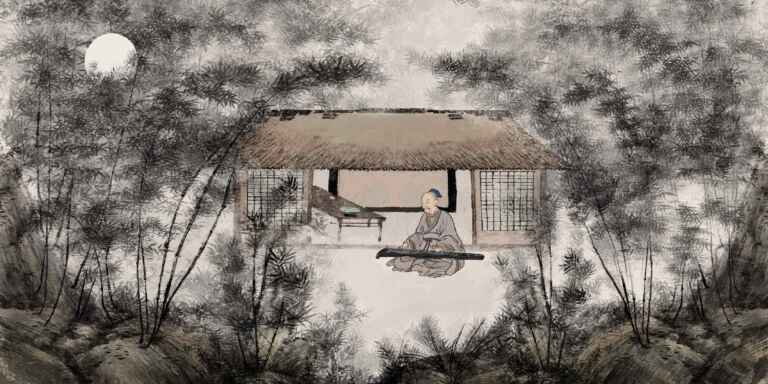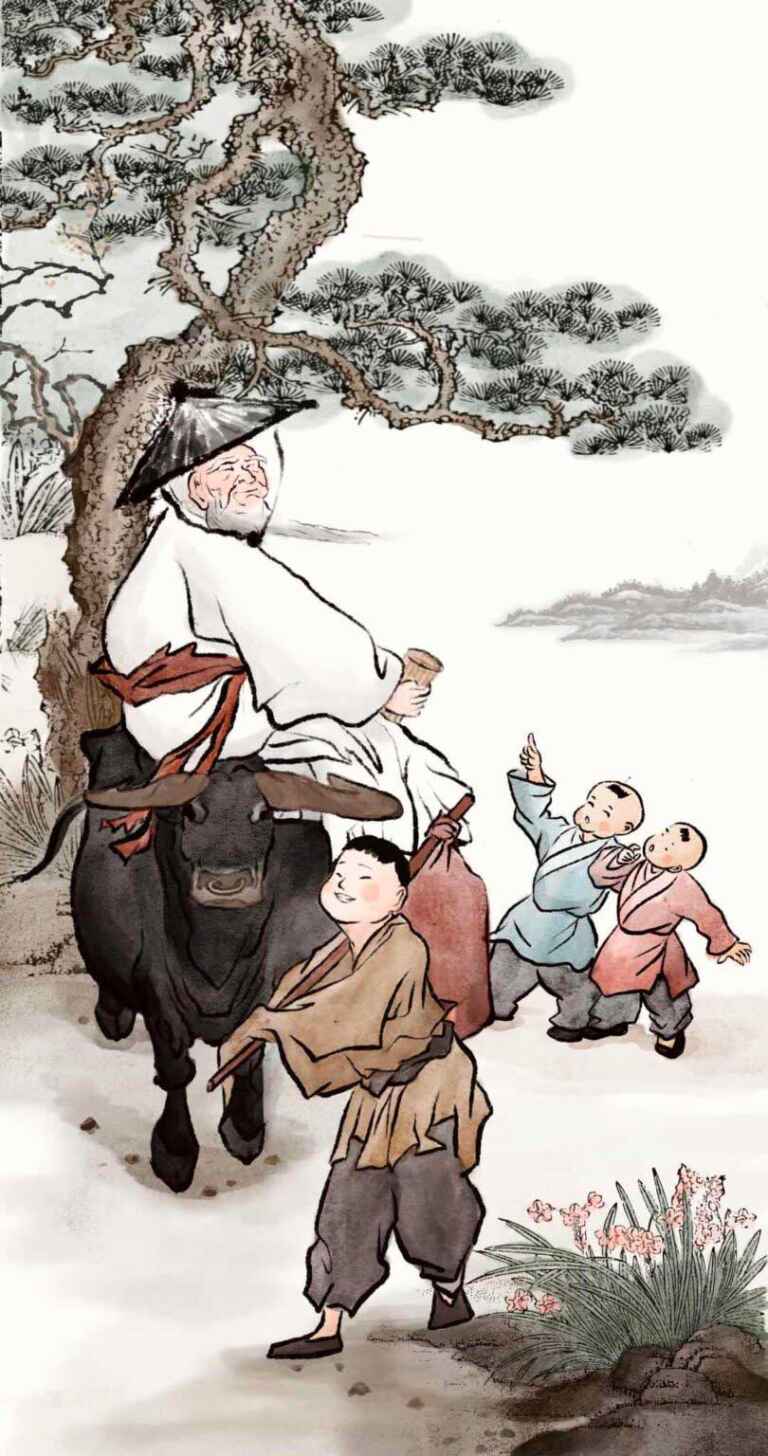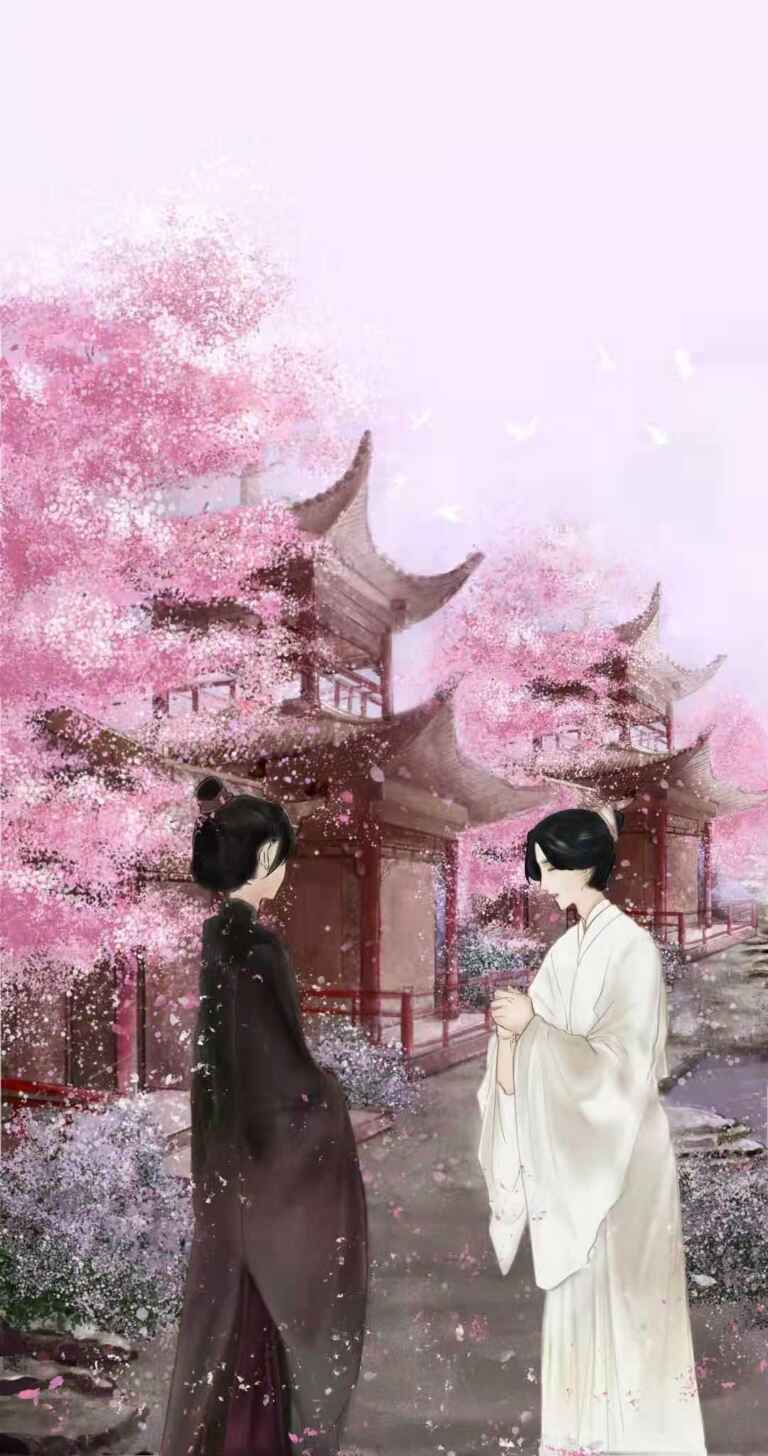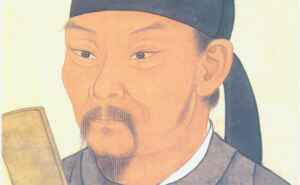Exactly ten years ago, I...
Lessons & Courses
Poetry Anthology
Art Gallery
Classic Illustrations
Works
Artists
No data was found

This posthumously-published volume by a professor at Durham University in England strikes me as a pedagogical masterpiece. I worked my way through it while living in Vietnam, writing out the end-of-chapter exercises in a series of little green notebooks. Together with Cai’s books and Paul Kroll’s A Student’s Dictionary of Classical and Medieval Chinese, it’s one of the books that people studying on their own really shouldn’t do without.

This book is a must-have for students trying to learn Chinese poetry on their own. Together with two subsequent volumes edited (or co-edited by Cai), it’s among the most useful and illuminating resources I have come across.

A wonderful collection by a translator whose work is marked by its vigor, delicate aural patterning, and avoidance—at almost any cost!—of the commonplace.

Burton Watson (1925-2017) played a crucial role in expanding the audience for
classical Chinese (and Japanese) literature in the United States. This 1984 volume
lays out a helpful road-map for beginners interested in exploring the Chinese poetic
tradition.

Graham was a noted scholar of Warring States-era philosophical texts. Some of the translations in this little book, first published by Penguin in the 1960s, strike me as among the most beautiful ones that I have come across. (I’ll have to check, but I seem to recall reading that Roger Waters quoted or alluded to Graham’s versions on one of the early Pink Floyd albums.)

Pound’s 1915 masterpiece, a short collection that inaugurated an important tradition in twentieth-century poetry and also had an important impact on some Latin Americans (Octavio Paz, José Emilio Pacheco). I’ll be reviewing the wonderful new critical edition by Timothy Billings.


